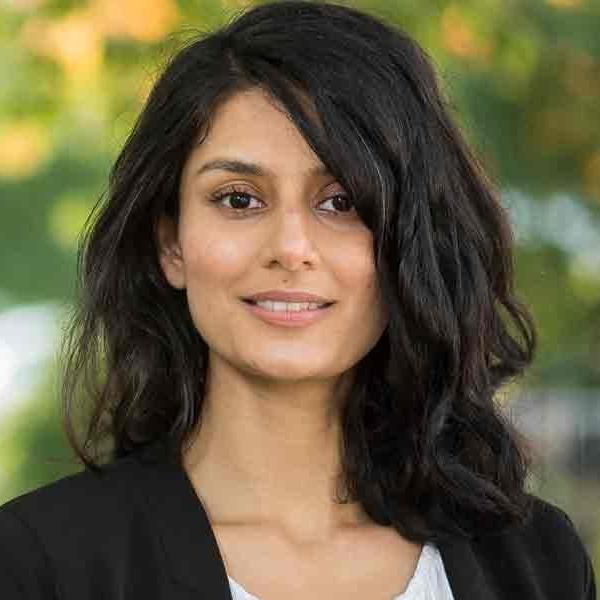Megha Kalia
PhD Candidate
Electrical and Computer Engineering
Megha's research aims to make Augmented Reality (AR) feasible for robot assisted surgery. In robot assisted surgery a surgeon makes minimal precise incisions by reaching inside a patient’s body using miniature instruments and a camera mounted on robotic arms. The system while providing the same dexterity as human hands enables a precise and safe surgery leading to reduced recovery time from months to weeks in comparison to open surgery. However, like open surgery, the concerns of incomplete cancer removal remain; primarily because of unclear boundaries between healthy and cancerous regions in the camera image. The boundaries, although, are visible in medical imaging data such as Magnetic Resonance Imaging (MRI), constant juggling between the MRI and the camera image, while performing surgery, is impractical. Here, Augmented Reality can help by projecting information like tumor locations, retrieved from medical data like MRI, directly on top of the organ in real-time. Based on this, the surgeon can make the most optimum incision. However AR is not yet mainstream in robot assisted surgery because of the very low margin of errors needed and practical restrictions of safety and sterility in an operating theater. Simply put, Megha's research is two-pronged: First part is to come up with the most accurate and real-time algorithms that need no external equipment during surgery to superimpose the tumours detected through MRI (for example) directly on the surgical camera view. The second part of her research relates more with the manner in which we display the tumour in the camera. More precisely, one needs to find the balance of what is the best way of showing the tumour in the surgical camera view so that it does not create visual clutter and block the surgeon's view itself of where to make the incision.
Megha is also a Public Scholar at UBC. You can learn more about her research and her role as a public scholar here.
